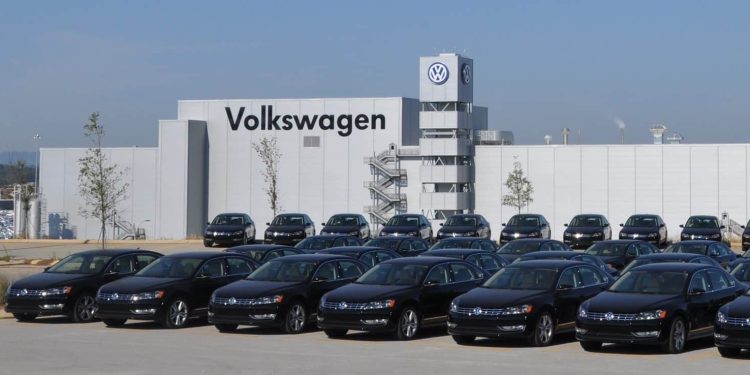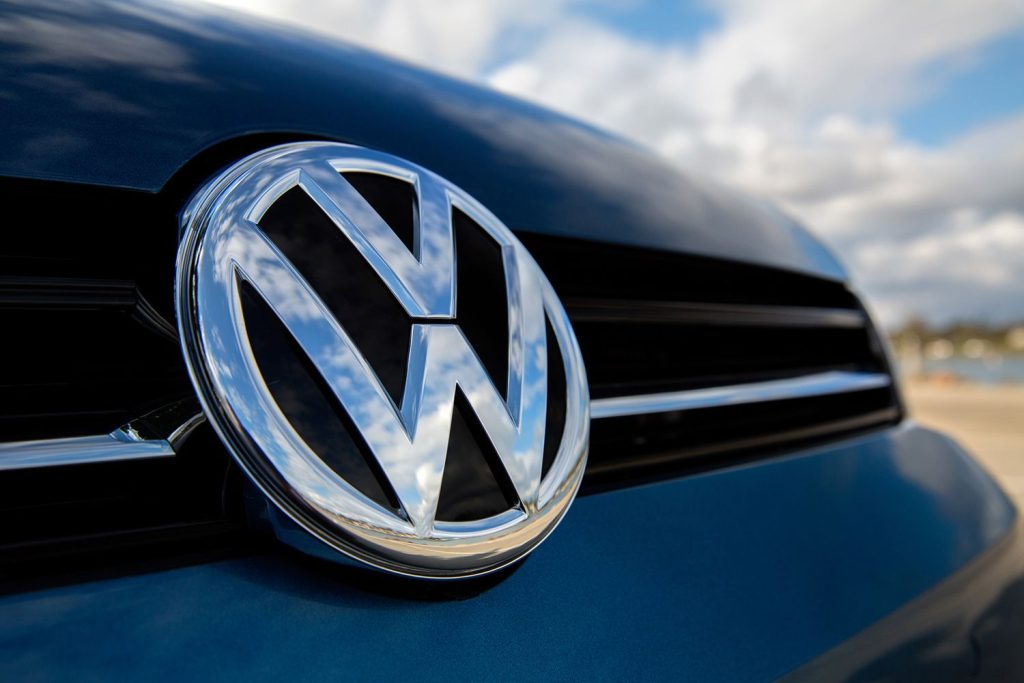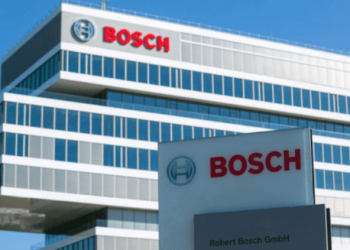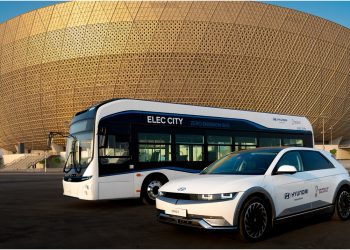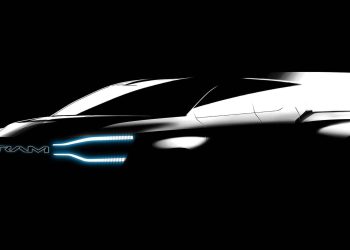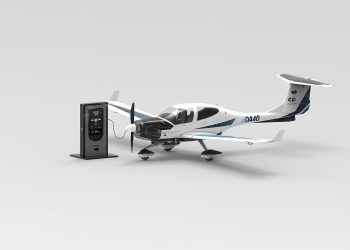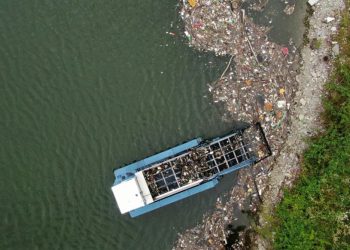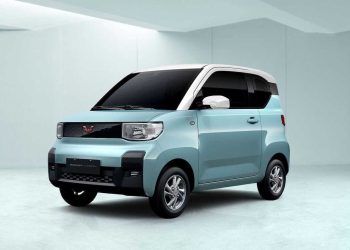Months after reporting on the construction of a monumental plant to develop batteries for electric vehicles, the Volkswagen Group has sealed three major partnerships for in-house cell development, a roadmap to be carried out next year.
These agreements include materials technology outfit Umicore; battery specialists 24M Technologies; and Lithium producer Vulcan Energy Resources Ltd. Volkswagen is looking to use these new partnerships to promote the production of its own battery cells for electric vehicles.
Volkswagen remains a major player on the global automotive scene, and the move towards electrification was accentuated by VW’s launch of the ID family of EVs, which has seen impressive sales globally over the past year.
Strategy Outlined
During the “Power Day” presentation earlier this year, Volkswagen outlined their roadmap for developing and producing in-house battery cell for electrified cars. This includes plans for six 40 GWh battery factories on European Union territory by 2030.
The German firm is now looking to follow through on these battery targets, with the help of some new strategic partnerships. In addition, it will develop cells with the help of experts.
Partnership Details
According to Volkswagen’s press release, this strategy includes three new but separate business arrangements.
The first is a joint venture with Umicore, a Belgium-based supplier of cathode materials that supports innovative projects such as the eskootr Championship. The company will assist VW throughout a supply chain regarding the manufacturing of battery cells for electric vehicles in Europe. This will start in 2025, with an initial production capacity of 20 GWh at Volkswagen’s gigafactory in Salzgitter, Germany.
Read also: Porsche Admits that Decision to Enter F1 Could Influence Continuity in Formula E
The joint venture is targeting an annual production capacity of 160 GWh by 2030. According to Volkswagen, the battery capacity translates into around 2.2 million BEVs.
In addition, Volkswagen has also invested at 24M Technologies, a U.S.-based battery startup that has redesigned the traditional cell using “semi-solid” Li-ion technology. Potential benefits of these unique cells include 40% less production area, more efficient product recycling, and less CO2 during battery production.
Finally, the Germans signed a long-term agreement with Vulcan Energy Resources Ltd., a European Lithium producer seeking to become the first to do so with net zero greenhouse gas emissions.
The binding contract involves Vulcan providing VW with lithium hydroxide for a five-year period starting in 2026. Volkswagen has stated that this product will help secure future demands for in-house production of battery cells for electric vehicles in Europe.
Written by I Jhonattan González



